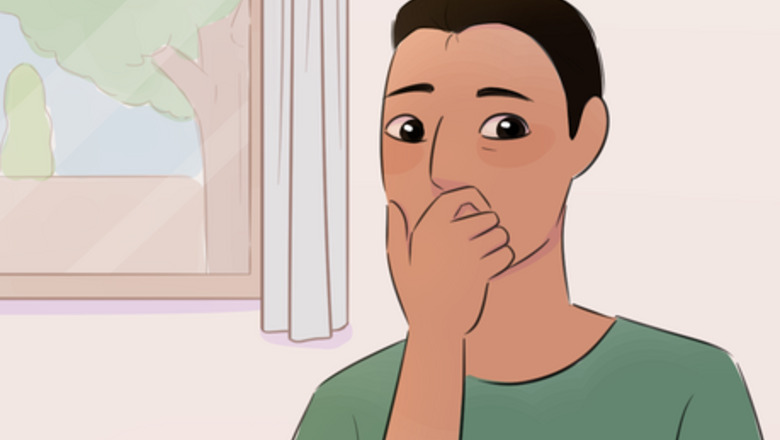
views
Fixing Plot Issues

Consider why you feel like your character is a Mary Sue. The term "Mary Sue" is subjective, and different people may have different opinions of the same character. Don't assume that you have a Mary Sue just because you took one quiz or received one piece of criticism from an internet troll. Think about why you feel this way. Do you think that your plot centers too much around the character? Does your character fit in the story's universe, or do they seem out of place? Are you concerned that your character is too flawless? Are people criticizing or bullying you, and are they really people whose opinions you should respect? Could sexism (or another form of prejudice) be involved? Would people be responding the same way if your character's gender were different? Do you just want to add some nuance?
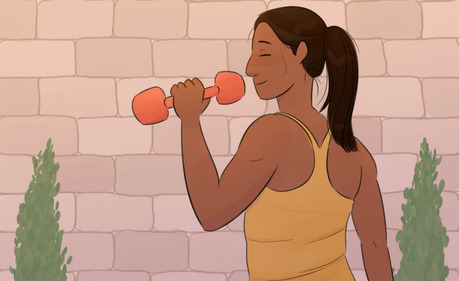
Make your character work for what they want. Readers dislike characters who get things that they don't deserve. Unless you want readers to dislike your character, ensure that they are actually earning the praise and opportunities that they receive. Let them practice, struggle, and work hard. If you want readers to feel bad for your character, then give them less than they deserve. For example, perhaps your male character tries hard to reconnect with and be kind to his estranged brother, only to be rebuffed again and again. Readers will sympathize with him.
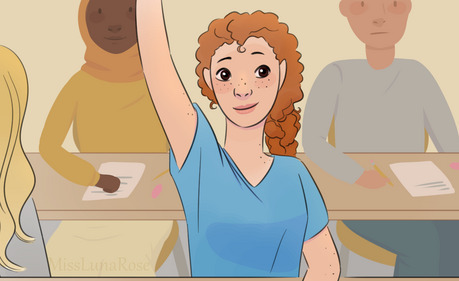
Consider whether your character's skills are realistic. Realism keeps things fair and believable. Your character is allowed to be talented, of course—just make sure that it stays in proportion and doesn't kill the suspense or enjoyment of the story. Here are some questions to consider: Is your character way more skilled than all the other characters (or their peers)? Is your character good at too many things? Do they never fail? Are your character's skills realistic for their age, practice levels, and education? Is your character so talented that the main problem doesn't pose much of a challenge?
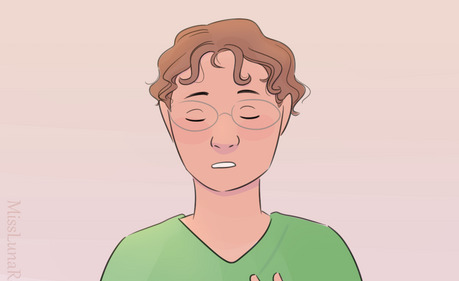
Let your character be in the wrong sometimes. Your readers don't always have to agree with your character. Let your character make mistakes and have questionable judgment at times.
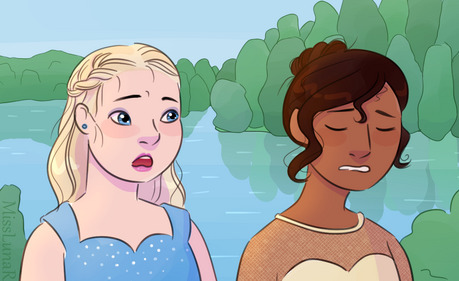
Ensure that their bad choices have consequences. Especially if your story is a longer one, your character will mess up sometimes. Don't let them be immediately forgiven, especially if the mistake was serious or intentional. Let them face the consequences of what they did.
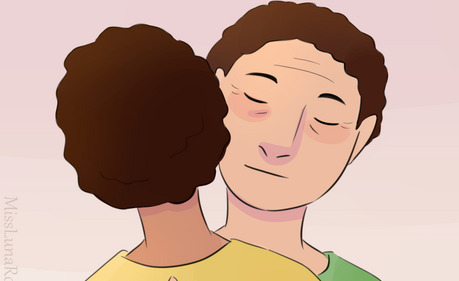
Show support flowing both ways. In a healthy relationship between equals, both people support each other. Ask yourself: is your character only receiving support while barely giving any, or are they giving support while receiving very little? Are the relationships one-sided? Unless you want to portray an unhealthy relationship, your character should be both giving and receiving. If your character rarely supports others, than either (a) your side characters aren't developed enough and need more attention, or (b) your character has a serious personality flaw. If your character is always giving and never receiving, then (a) you're trying too hard to make them look selfless, (b) they have some serious issues about being willing to accept help, or (c) they're surrounded by jerks.
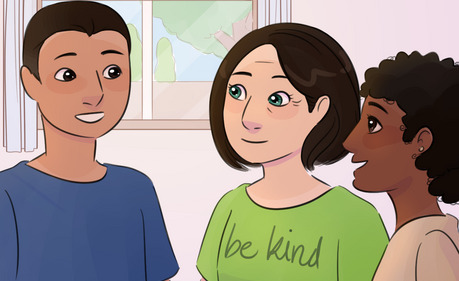
Allow readers to have different perspectives on the character. Your readers might disagree on certain things about your character. That's normal, and it makes things more interesting. Make peace with people not feeling the same way about your character.
Choosing Flaws Wisely
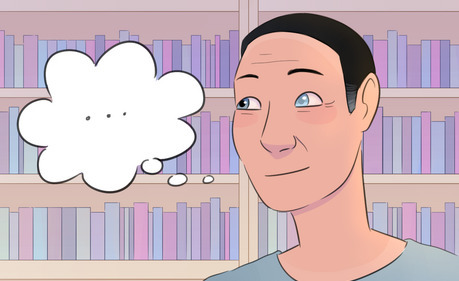
Use your character's backstory as inspiration. Think about what problems your character has dealt with in the past. What was their childhood like? What are some of their worst memories? Best memories? What were the important relationships in their life? Think about the influences that shaped them, and how those could translate into flaws. Family life influences early childhood. Do they have any siblings? How many? What was their birth order? How many parents/caregivers did your character have? Were the caregivers attentive, and did they set a good example? Did your character form secure attachments? Consider school and education. What did your character's peers think of them? Was school easy or difficult? How did teachers respond to your character? Teen years and the transition to adulthood are difficult for many people. When your character was struggling, who did they turn to? What were the hardest parts of adolescence? If/when your character entered the working world, what happened? Romantic relationships are important to many people. When did your character start dating (if at all)? Did they have any difficulties figuring out their sexual orientation? What is/was their "type"? Did they have any bad relationships or bad breakups? What did they learn about themselves and what they want? Do they approach relationships differently now than they used to?
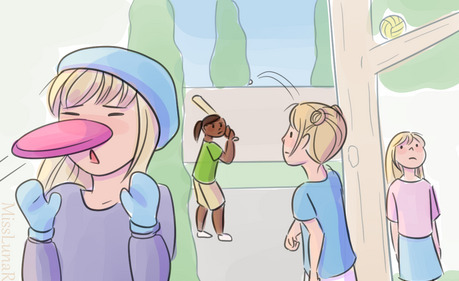
Make sure that your character's flaws are serious enough. Things like "she can't cook" or "he's a terrible dancer" are cute, but they're pretty inconsequential. A real flaw should be an obstacle to your character's goals in some way. There's nothing wrong with "cute" flaws like clumsiness, and you can give them to your characters. Just be sure that these aren't the only flaws you give a character.

Choose flaws that are under your character's control. Beginning writers might choose innocent flaws like clumsiness or lack of a certain skill as a flaw, but normal human beings also have personality flaws. Real flaws are related to the character's thoughts and choices, not their abilities. Think about misplaced priorities and counterproductive thoughts that your character might have. "She's weird-looking" isn't a flaw that the character can control. "She refuses to date because she thinks she's ugly, so she escapes into romance novels and wastes lots of money on beauty treatments" involves thoughts and choices. "He passes gas a lot" is something the character can't control. "He knowingly breaks social rules and is rude to people because he doesn't think it's a big deal" is an example of bad priorities that lead to harmful actions. "She's autistic and she makes odd movements" isn't a flaw, just a disability she was born with. "She avoids people because she's afraid they'll hate her autistic traits" is a personal weakness that holds her back. "He's clumsy" isn't really his fault. "He speaks thoughtlessly and hurts people's feelings at times" is something he can and should work on.
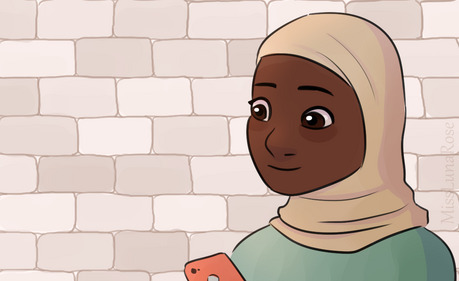
Draw inspiration from the seven deadly sins if you get stuck. The seven deadly sins all involve thoughts and choices, making them valid flaws for a balanced character. Greed Envy Wrath Sloth Lust Pride Gluttony
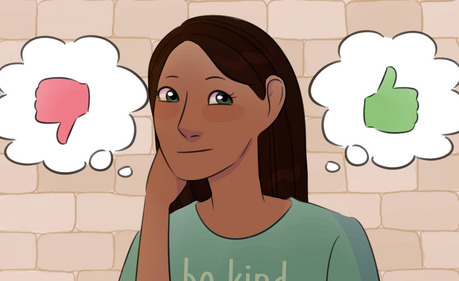
Remember that flaws are in the eye of the beholder. Different readers have different dispositions, and they may be inclined to be forgiving or judgmental depending on how serious they think a character's flaw is. If your character does something serious like violence or abuse, avoid trivializing it or forgiving it right away. There may be real-life victims of these problems who are reading your story. Empathize with those victims and treat the problem with the gravity it deserves. You want those real-life victims among your readers to feel respected and understood.




















Comments
0 comment